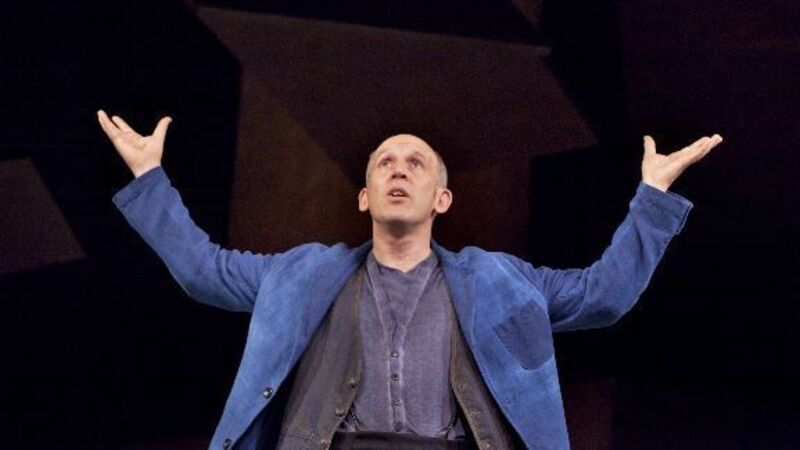Beckett specialist turns his hand to other roles

ACTOR Conor Lovett and his wife, director Judy Hegarty, who are best known for their acclaimed productions of Samuel Beckett’s oeuvre, are well used to hearing lavish praise of their work.
But it was still a special thrill for Lovett when the late singer Lou Reed and his wife, musician Laurie Anderson, coming to see him perform Beckett’s First Love at the Public Theatre, in New York, some years ago.











